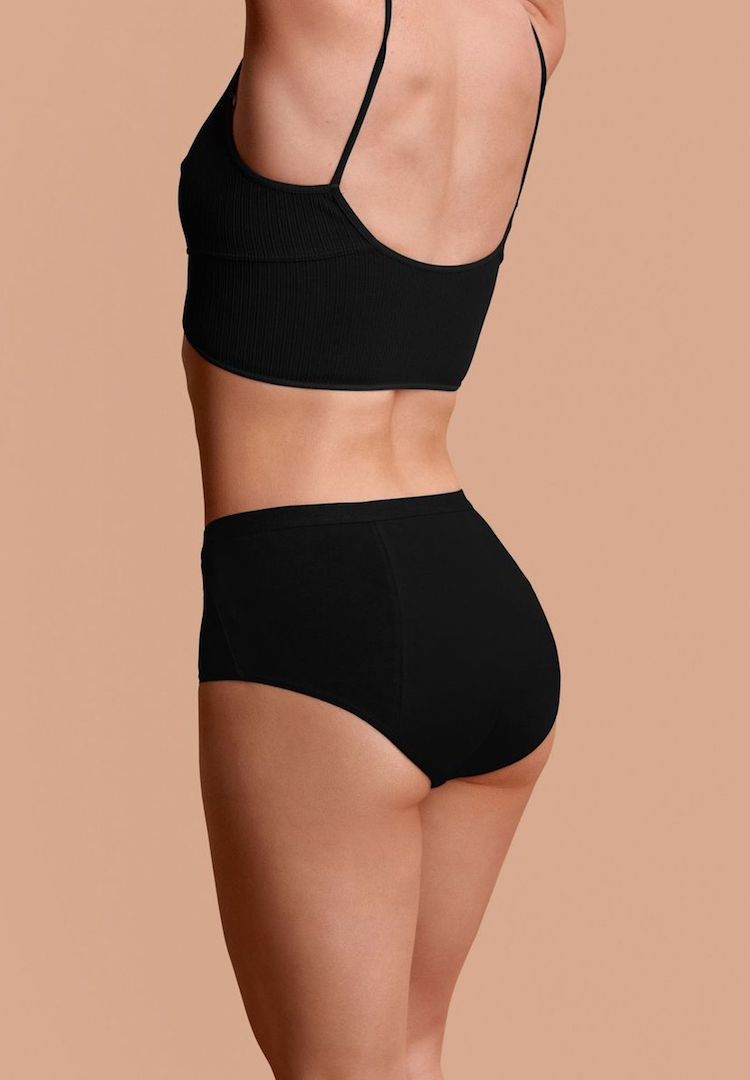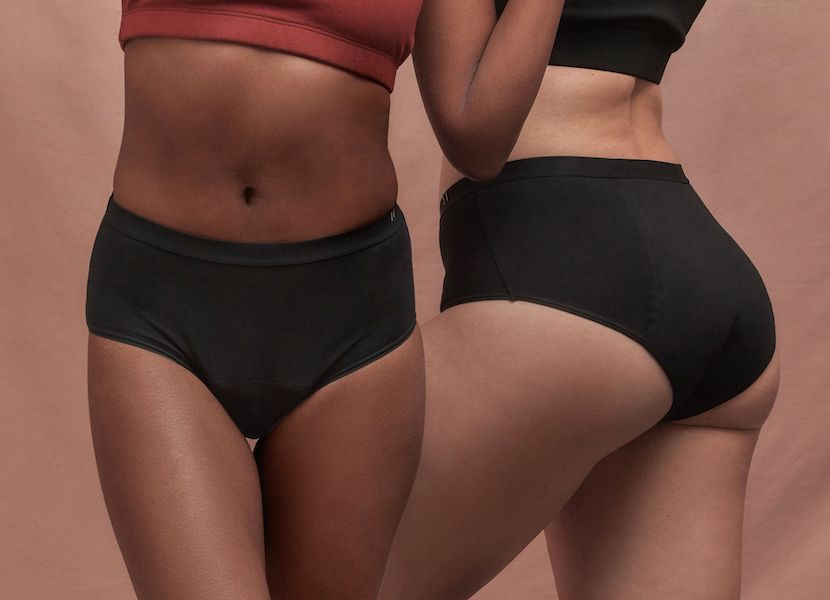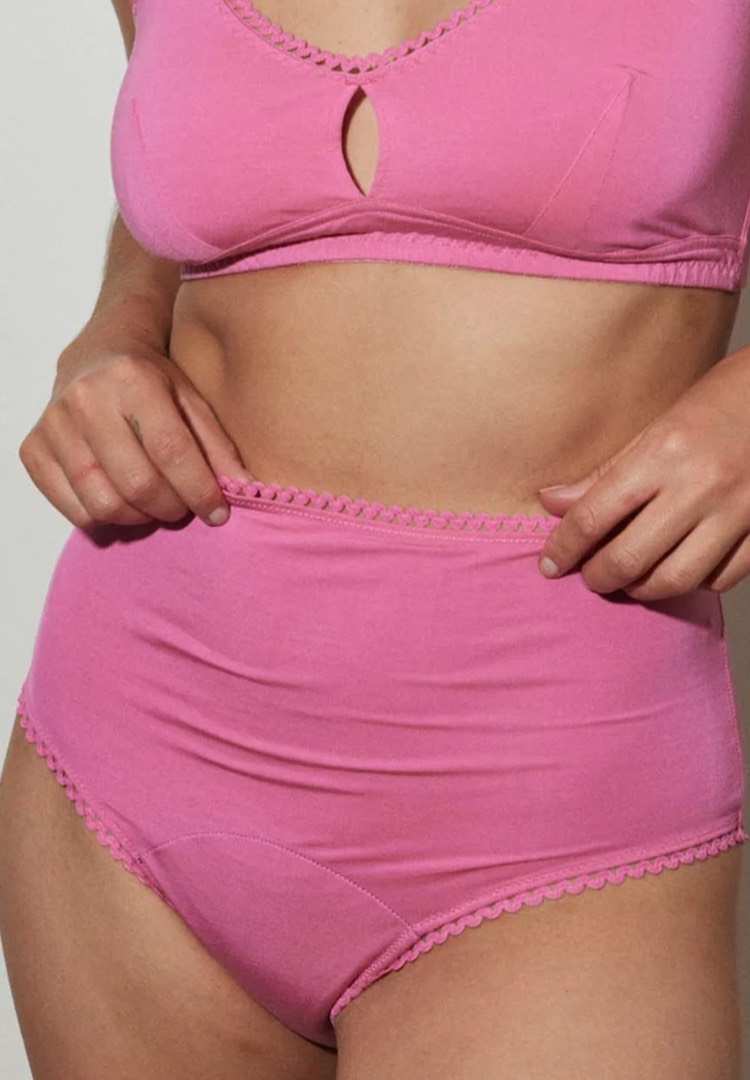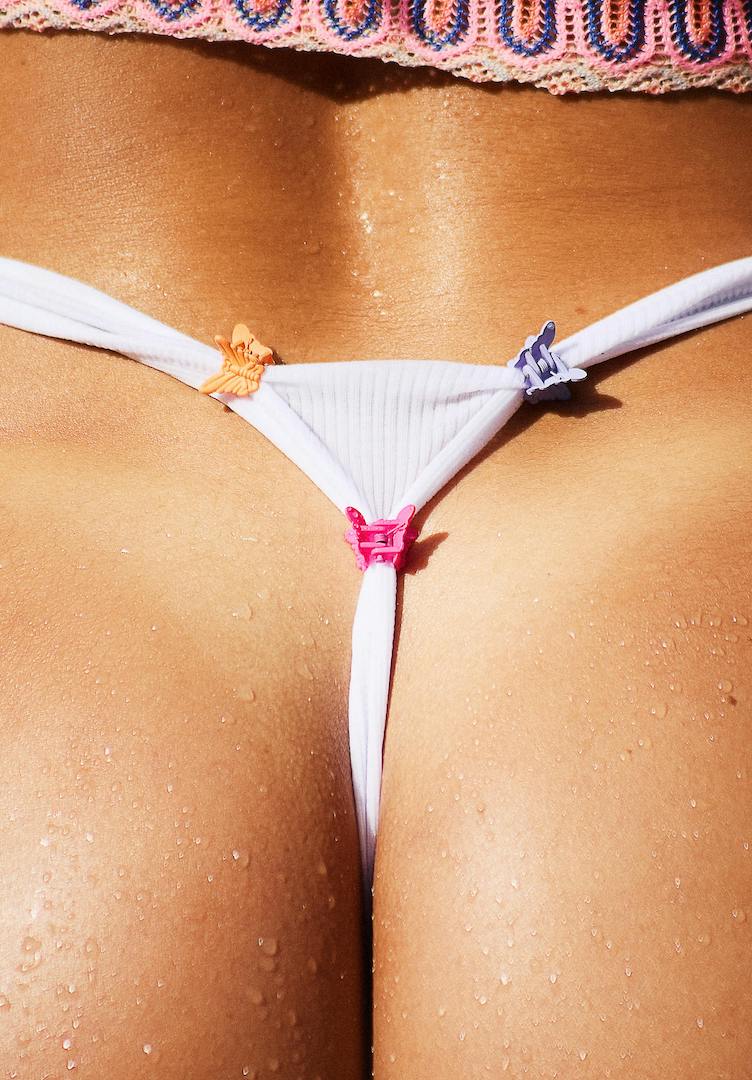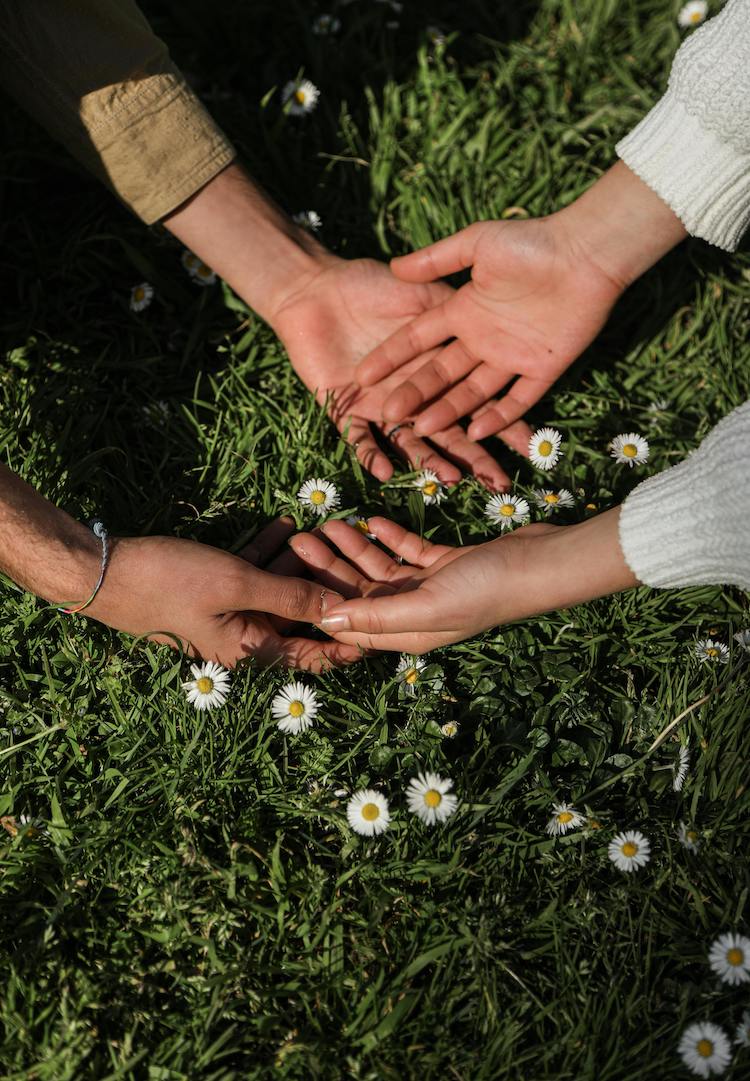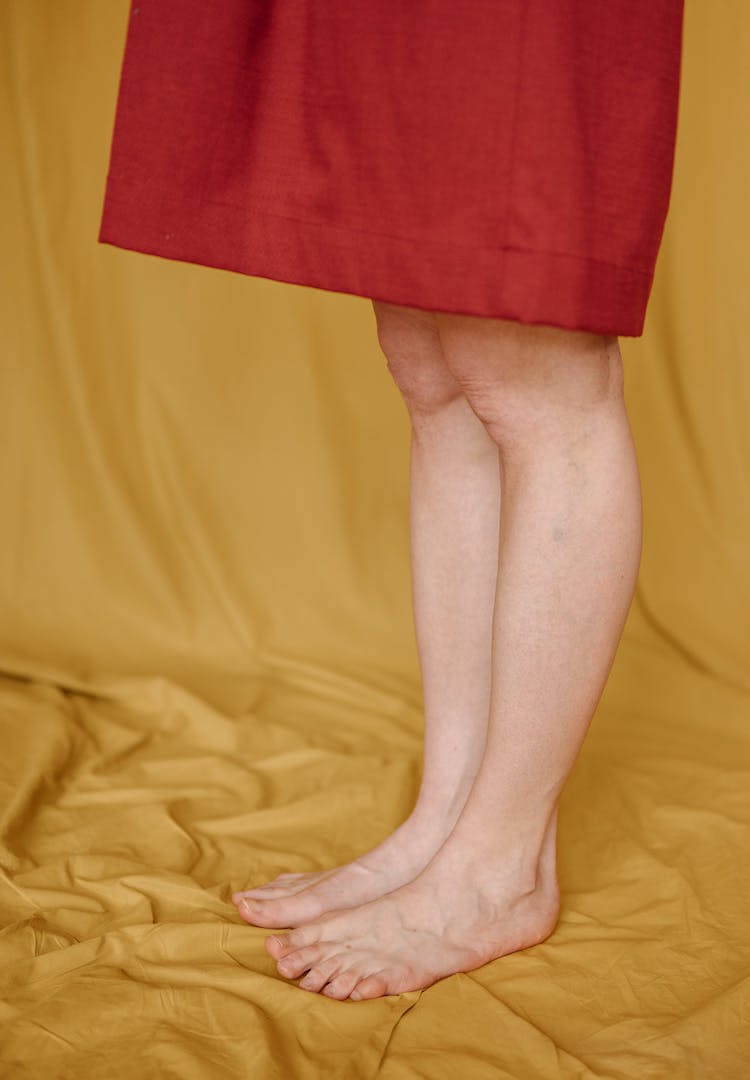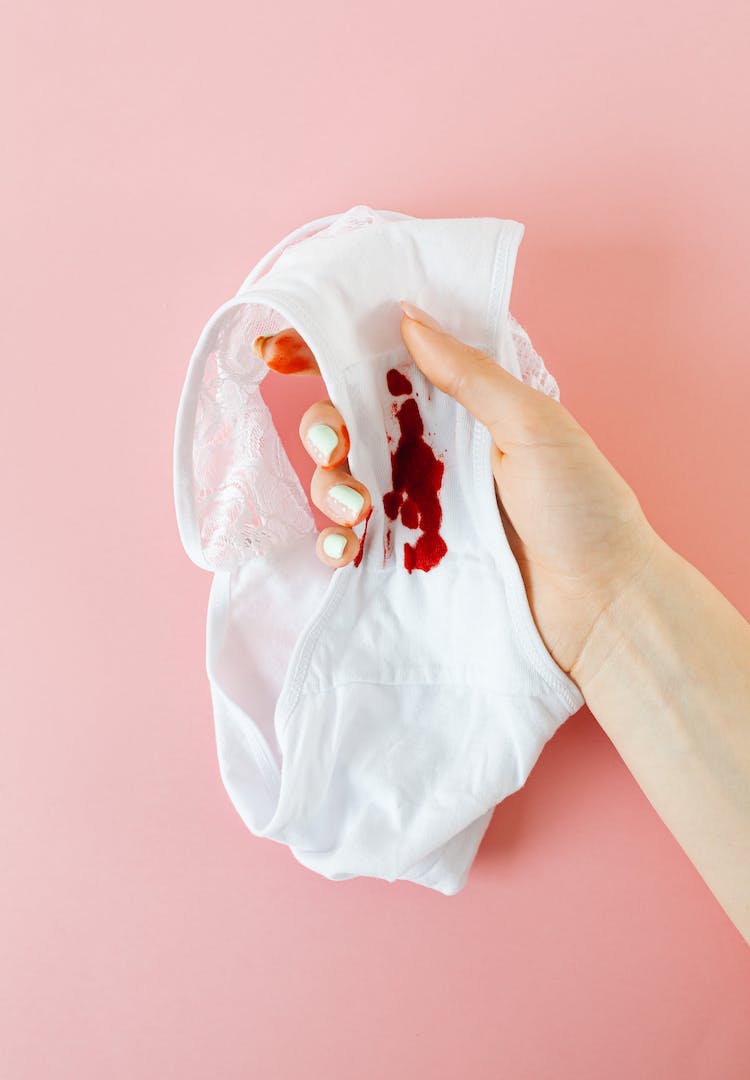Australian brand Tom Organic has released reusable period products
WORDS BY ISABELLE SACKS
Good news for our Earth and our ovaries.
Australian menstruators go through roughly 12,000 sanitary products over a lifetime. That’s a whole lot of landfill thanks to our magical (although sometimes pesky) uteruses. The good news is that there are a variety of options on the market these days for people who get periods and want to be kinder to the planet.
Australian brand Tom Organic is the latest to throw its hat in the reusable period product ring, expanding its range to include two new highly anticipated offerings – period underwear and a period cup.
“We are always mindful of everything we create, and I am thrilled the market is demanding a product that is so beneficial to both our health and the planet,” says Tom Organic Founder, Aimee Marks.
While Tom Organic prides itself on its organic cotton pads and tampons, the majority of sanitary products sold in Australia contain plastic. All those pads and tampons we’ve been using equate to about 120kg of bloody waste per person sitting in a landfill or floating in the ocean. Add to that staggering number the fact that synthetic pads and tampons can take up to 800 years to biodegrade, and we’ve got ourselves quite the environmental crisis.
Tom Organic went above and beyond to make sure that these products were as comfortable, effective, and stylish as possible, but it also made sure that they would have a long lifecycle. The period cup can be used for up to five years, and the underwear can be thrown in the wash over and over again.
The menstrual cup and underwear are more expensive than your average packet of pads, at $40 and $15 respectively, but they could save women countless dollars if you take into account the 3,000 days the average menstruator spends bleeding over a lifetime.
The one-off nature of the purchase could also make sanitary products more accessible for Australian women and girls experiencing period poverty.
With 3.2 million Australians currently living below the poverty line, at least 1 million women and girls struggle every month to afford the necessary sanitary products to get them through their periods. Around the world, that figure is up to 500 million.
And it’s not just homeless women who are struggling either. Share the Dignity founder Rochelle Courtenay told Yahoo Finance that the problem is facing more people than we could imagine. “There are drought-stricken farming communities. There are remote Indigenous communities. There are remote communities where culturally women don’t feel like they can buy the products,” she said.
While Australia has taken some steps to combat this problem – sanitary items stopped being taxed as a luxury in 2019 after a decades-long campaign by activists and the Victorian Government started providing free sanitary pads and tampons in every government school – price isn’t the only barrier to achieving menstrual justice. We need to continue educating ourselves and having conversations until menstruation doesn’t have shame or stigma attached to it.
Marks says that one of the aims of the reusable range is to “open up conversations about our period, which ultimately helps to normalise period and menstrual health.”
thetomco.com


